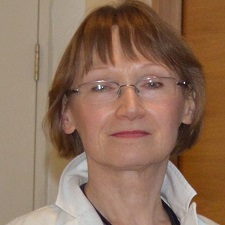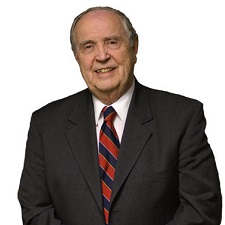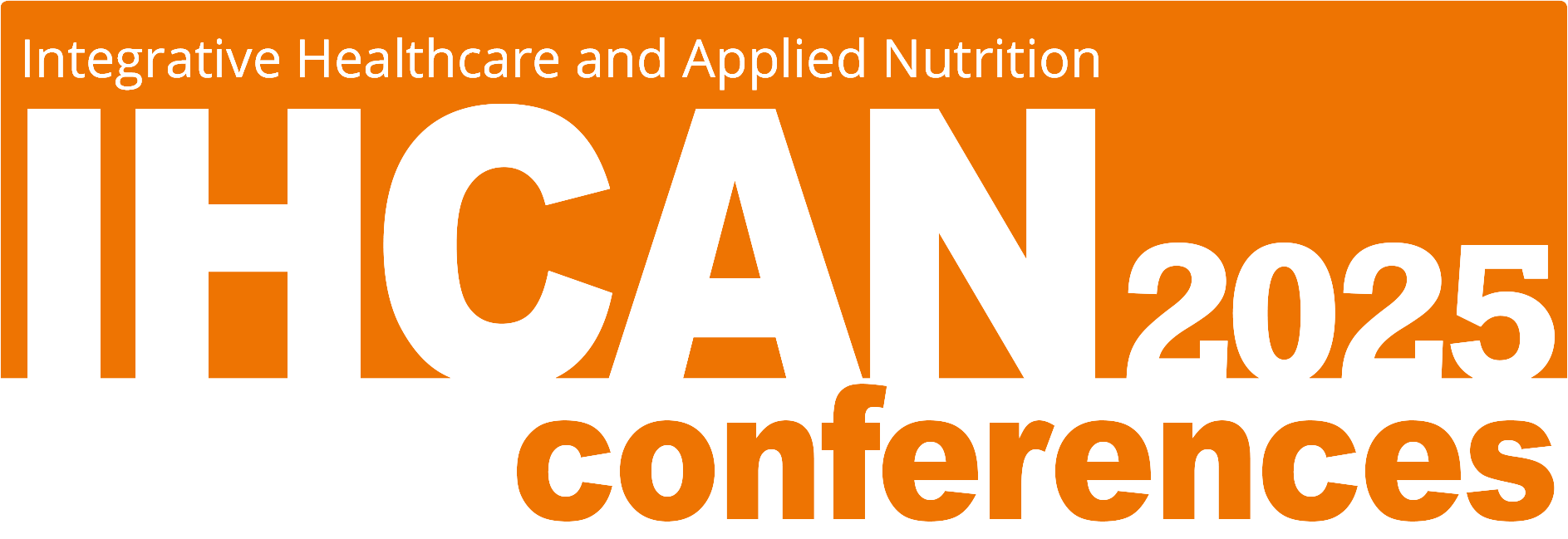‘Nutrition resolution: breaking the cycle of stress and chronic inflammation’ 5 November 2016, Cavendish Conference Centre, London
Expert speakers
Course gluten-free lunch
Exhibitors
CPD hours/points
Dr Jolanta Opacka-Juffry | Lou Lebentz | Dr William Walsh
THIS CAM CONFERENCE IS NOW COMPLETELY SOLD OUT*
TO ADD YOURSELF TO THE WAITING LIST PLEASE CLICK HERE. TO PRE-ORDER THE POST-SHOW DOWNLOADS PLEASE CLICK HERE.
8.45 – 9.50
Registration

9.50 – 9.55
Introduction
9.55 – 11.10
Dr Jolanta Opacka-Juffry
Brain Responses to Stress; Early Life Stress and its Long-Term Effects
The brain plays a central role in stress processing, from recognising stress through to executing a cascade of psychobiological and immune responses, with adaptation to follow. The lecture will introduce these processes with a focus on chronic stress and its effects on health. The presentation will then discuss early life stress (ELS) as a risk factor in the aetiology of depression. Examples of preclinical research that evaluates long-term effects of ELS and looks for the biological mechanisms and correlates of depression-like behaviour will be discussed.[expand title=”Read more…”]
The presentation will include evidence of the responses of the brain serotonin system and astroglia, and remodelling of brain regions involved in the stress reaction, such as the hippocampus. In addition, the presentation will discuss the role of the neuropeptide oxytocin and its brain receptor, which are implicated in the regulation of stress and exposure to glucocorticoids as mediators of stress. In human studies, ELS is associated with lower concentrations of plasma oxytocin in adulthood, and our studies indicate that emotional suppression may play a role in linking ELS with subsequent affective functioning in adulthood, which is of relevance to the aetiology of affective disorders. The role of epigenetics in ELS will be introduced.[/expand]
About Dr Jolanta Opacka-Juffry
Professor Jolanta Opacka-Juffry conducted neuroscience research at the Medical Research Council Clinical Toxicology Unit, King’s College London and the Medical Research Council Clinical Sciences Centre in London. In 1999, she moved to the University of Roehampton, Whitelands College, London, where she lectures in the areas of clinical neuroscience, neurobiology of stress and attachment, and neurobiology of addiction. Since 2000 she has been program coordinator and tutor of the MSc Clinical Neuroscience, and has led the Health Sciences Research Centre since 2007. Her research is focused on the neurobiological mechanisms of brain disorders, from neurodegeneration to depression and preclinical modeling human brain disorders. She studies pre and postnatal effects of stress and its mediators on the brain regulatory systems and glial plasticity, early life stress and resilience, and neurobiological effects of novel psychoactive drugs, collaborating with experts within the UK and abroad. She is actively involved in public engagement in science.

11.10 – 11.40
Refreshments
11.40 – 12.50
Lou Lebentz
Sugar, Inflammation, Stress: How to treat your ‘addicted’ clients
The word addiction is controversial around sugar and some confusion still abounds when working with people showing symptoms of dependency around refined carbohydrates and junk food. After a decade as an addiction and eating disorders therapist at the Priory and now as founder of Sweet Enough, Lou looks at sugar in a similar way to other drugs of abuse such as alcohol. [expand title=”Read more…”]
People seem either ‘mildly, moderately or majorly dependent on sugar and that poses slightly different treatment models she believes. Lou in her informative and inspirational way hopes to help you identify where your clients are on the spectrum, to what level are they addicted or “dependent” and finally to show you how best to treat them according to where that is. [/expand]
About Lou Lebentz
Lou Lebentz is a sugar and obesity expert, speaker and online trainer who worked as a psychotherapist specialising in addiction at the Priory rehabilitation centre for over 10 years. As well as launching her own sugar reduction programme earlier this year (Sweet Enough), she is also an excellent motivational speaker with a TEDx talk under her belt on addictions and mental health and an excellent understanding of the role of chronic stress in addictive behaviours.

12.50 – 14.00
Lunch

14.00 – 15.30
Dr William Walsh
Brain Inflammation, Oxidative Overload, and Life Stresses in Anxiety and Depression:
Individualised Nutrient Therapies to Normalise Brain Function
Anxiety disorders and depression typically involve brain inflammation, excess oxidative stress, and vulnerability to troubling life events. These problems are especially severe for patients with elevated pyrroles, abnormal methylation, or a metal-metabolism disorder. For years, treatments for anxiety and depression have focused on psychiatric medications that alter the activity of key neurotransmitters. However, the emerging science of epigenetics and improved understanding of methylation have resulted in effective natural treatments that are relatively free of unpleasant side effects. [expand title=”Read more…”]
Pyrrole disorders result in reduced activity at GABA and NMDA receptors. Copper and zinc imbalances are associated with abnormal norepinephrine, dopamine, and GABA functioning. Undermethylation can produce excessive serotonin reuptake and serious depression or OCD. Overmethylation is associated with excessive norepinephrine activity. This presentation will describe specific nutrient therapies aimed at normalizing brain function, reducing inflammation, and reducing free-radical levels. This presentation will include a review of recent advances in brain science, including (a) glial cell mechanisms that orchestrate brain plasticity, (b) the discovery of lymph vessels in brain, and (c) the critical importance of DNA repair processes. [/expand]
Dr William Walsh

15.30 – 16.00
Refreshments
16.00 – 16.30
Q&A
16.30
Day finish
This Event is Sold Out
This CAM Conference in collaboration with BANT is now completely sold out. To pre-order the CPD accredited post-show downloads, please click the button below.
